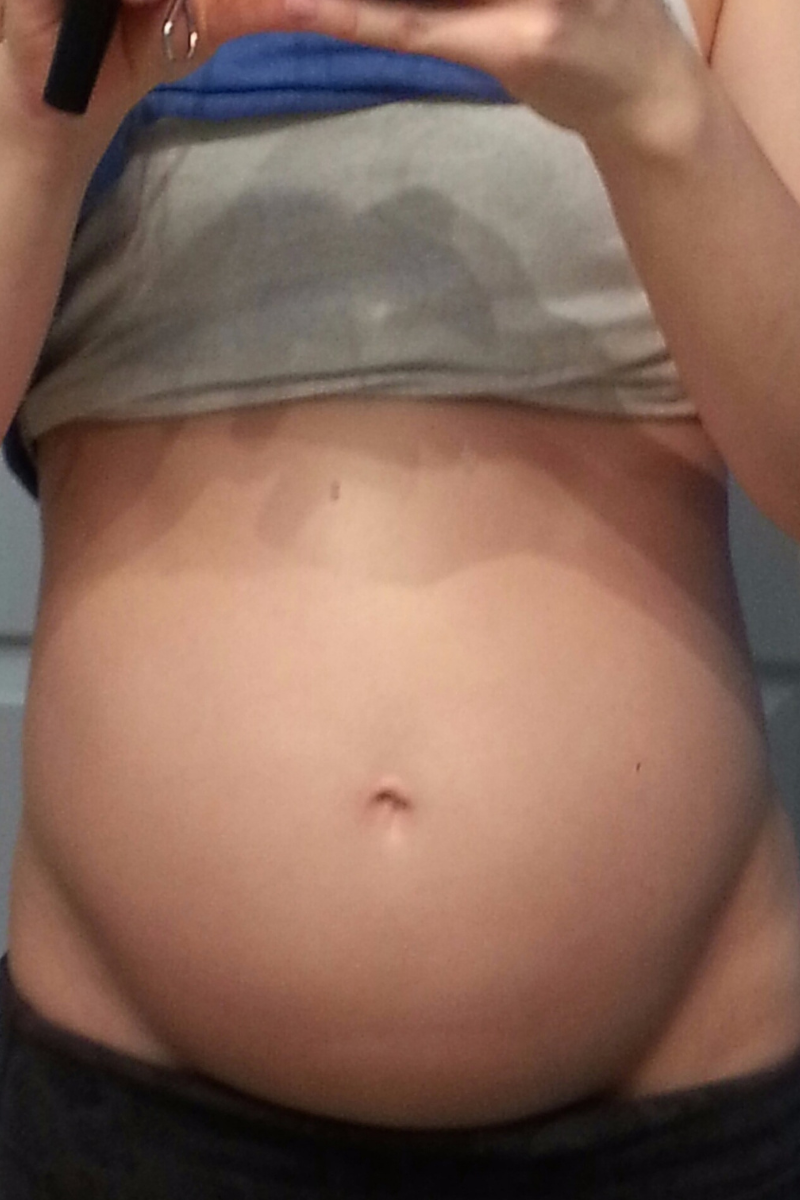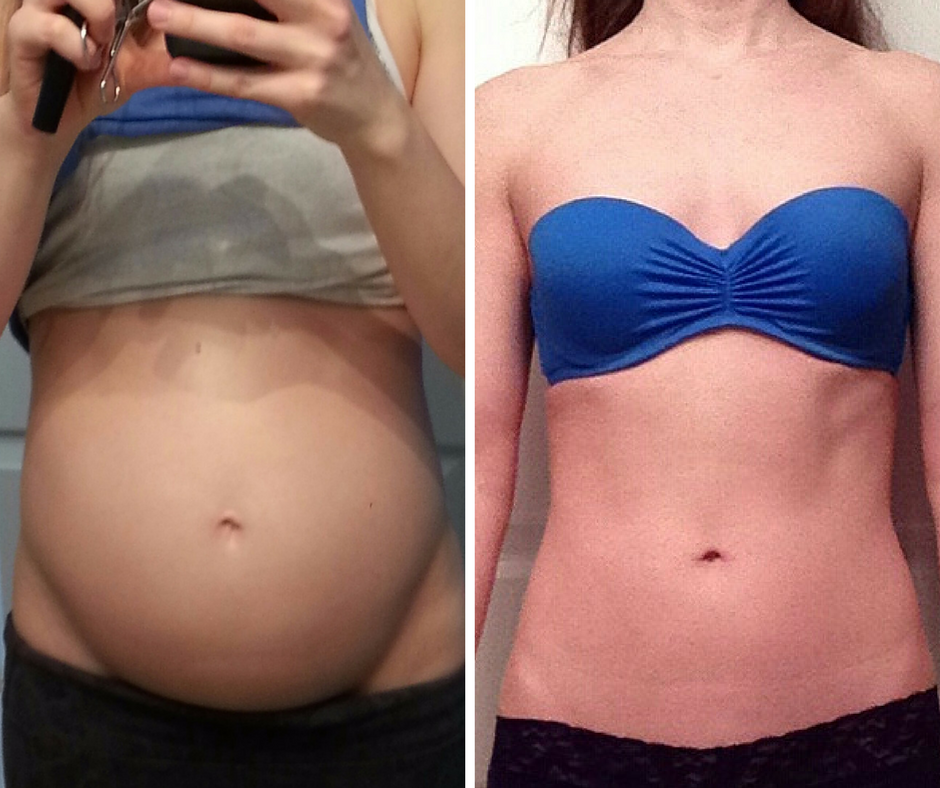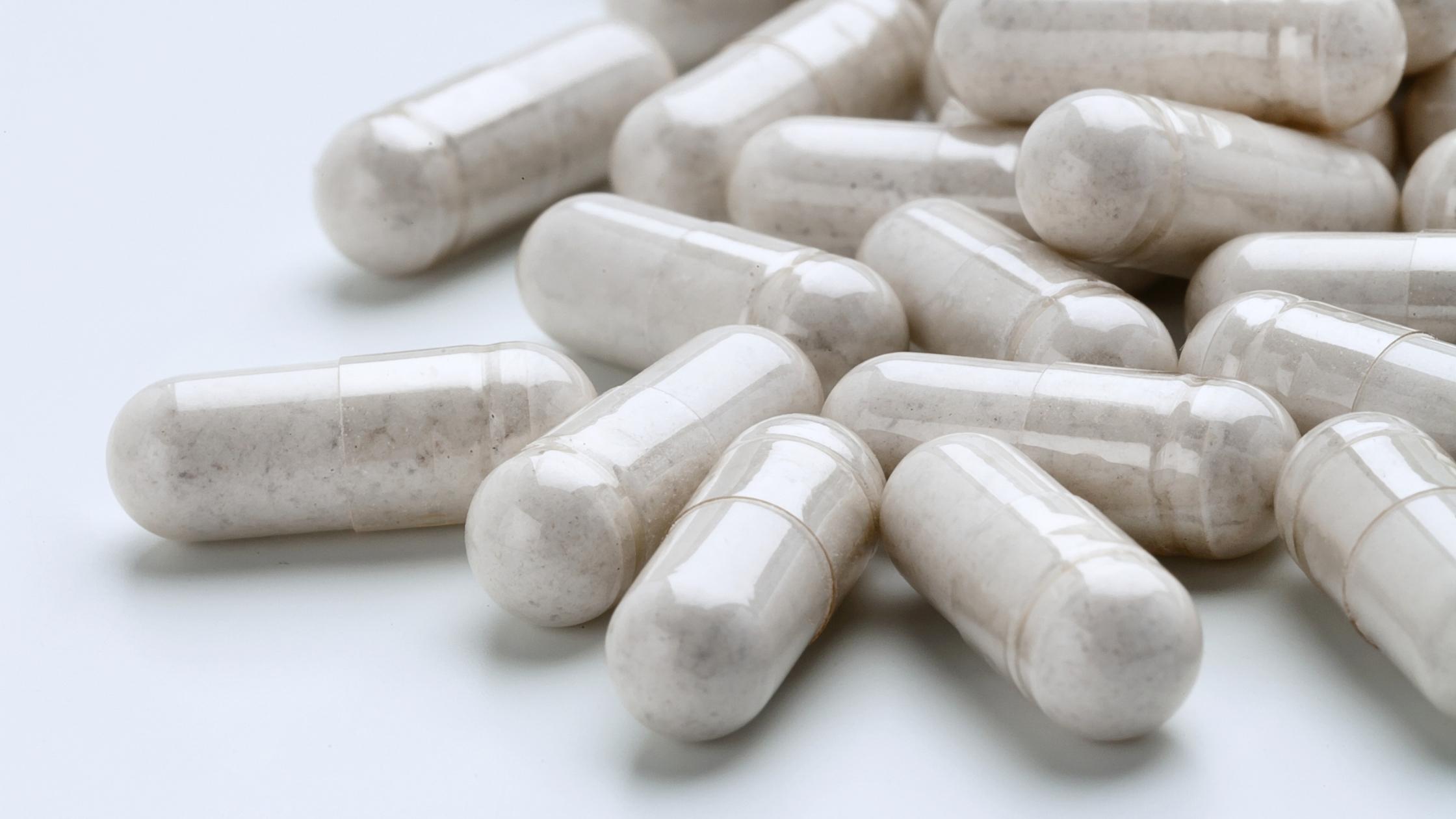Despite being one of the most common gastrointestinal disorders, many people don’t know they have IBS because gas, bloating and bowel issues are somewhat normal to them. In fact, the majority of my clients recall having trouble with their digestion since birth with the tipping point into full blown IBS occurring in adulthood. Since IBS often goes undiagnosed, many people experience a reduced quality of life, and can leave you feeling anxious and frustrated when your symptoms get worse.
What Is Irritable Bowel Syndrome (IBS)?
Irritable Bowel Syndrome (IBS) is a functional bowel disorder that is characterized by abdominal pain, bloating, gas, diarrhea, constipation, and/or alternating changes in your bowel habits.
How is IBS diagnosed?
IBS, like all functional bowel disorders, is diagnosed using symptom criteria, and after the exclusion of other functional bowel diseases, such as coeliac disease and inflammatory bowel disease (IBD). Your doctor will likely offer bloodwork and diagnostic tests like an x-ray or a colonoscopy.
Symptom criteria for IBS is recurrent abdominal pain on average at least 1 day per week in the last 3 months, associated with two or more of the following:
- Related to defecation
- Associated with a change in a frequency of stool
- Associated with a change in form (consistency) of stool.
- Symptoms must have started at least 6 months ago.
Your symptoms will then be categorized into four types of IBS: IBS-C (constipation predominant), IBS-D (diarrhea predominant), IBS-M (mixed bowel habits) or IBS-U (IBS unclassified, bowel habits can’t be categorized).
Though the waiting period that often comes along with doctor or specialist appointments can be frustrating, it is important that you go through the diagnostic process. Otherwise you risk overlooking more serious conditions like coeliac disease or structural issues.
What Are Some Causes Of IBS?
There is no one definitive cause of IBS but we do know that there are several factors that can lead to it developing. Most cases of IBS have:
- an underlying nervous system disruption (chronic stress or anxiety);
- a change in the bacteria that make up the gut microbiome (often from food poisoning or antibiotic use);
- low grade chronic inflammation;
- intestinal permeability;
- and an overactive immune system.
Hormones and medication can further influence IBS.
You’ll often find food listed as a cause of IBS. In my practice I view food intolerances as a symptom, rather than a cause, of IBS. The underlying causes mentioned above negatively impact how we digest food, thus causing a variety of food intolerances, triggers and sensitivities. So while food can cause IBS symptoms, it’s not a true underlying cause of why you have IBS in the first place.
How Can You Treat IBS?
If you suffer from IBS, know that you have several treatment options available to you and there is no one right path. It often takes some trial and error to find what works for you.
In my experience the most effective approach is a holistic approach. This includes dietary changes, implementing tools that calm the nervous system and improving digestive function through proper chewing habits. I will often use probiotics, fiber supplements and herbal treatments like Iberogast depending on a person’s symptoms and accessibility to these products.
A holistic approach does not exclude prescription medications. There are several prescription medications available that target specific IBS symptoms like constipation, diarrhea and pain. They can be very effective for some people but can be expensive without insurance coverage. Talk with your doctor about your options, if you wish.
What Foods Should Be Avoided In IBS?
There are many foods that can be triggers for the sensitive digestive system of a person with IBS. I categorize these foods as follows:
Gut irritants:
- Spicy foods
- Caffeine
- Alcohol
- Fried foods
- Carbonated beverages
Food Intolerances & Sensitivities:
- High FODMAP foods like apples, cauliflower, onion and garlic
- Lactose
- Wheat
- Histamines, salicylates and IgG reactions
Inherently Gassy Foods:
- Beans & Legumes
- Cruciferous vegetables: broccoli, kale, Brussels sprouts
- Artificial sugars
Do you have to avoid all of these? Absolutely not. Each person has their own unique trigger foods. The biggest mistake I see people with IBS make with their diet is that they try to eliminate too many foods at once which makes it very difficult to eat. Excessive restriction of your diet can also lead to nutrient deficiencies and further damage to the gut microbiome. If you need help with your IBS diet book an introductory call here.
Conclusion
IBS can cause frustrating and embarrassing gas, bloating and bowel changes but utilizing a holistic treatment approach of diet, nervous system regulation, herbal remedies and/or prescription medication you can improve your quality of life drastically.






+ show Comments
- Hide Comments
add a comment